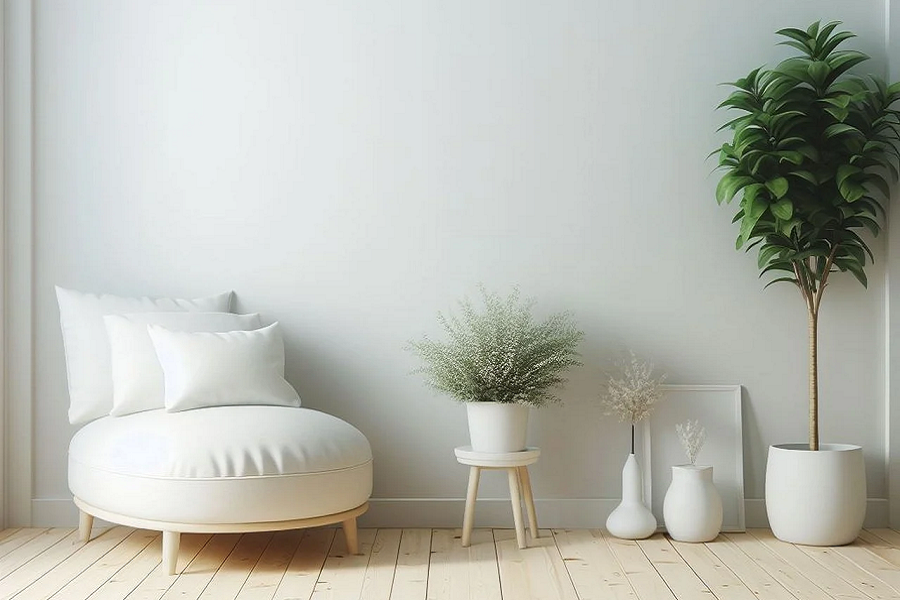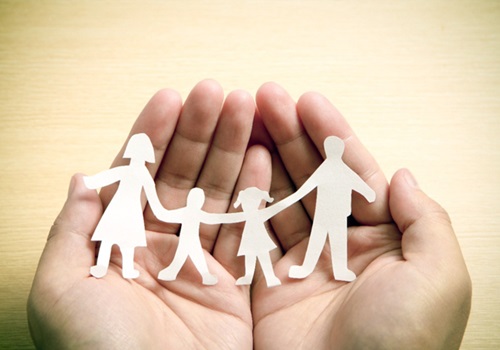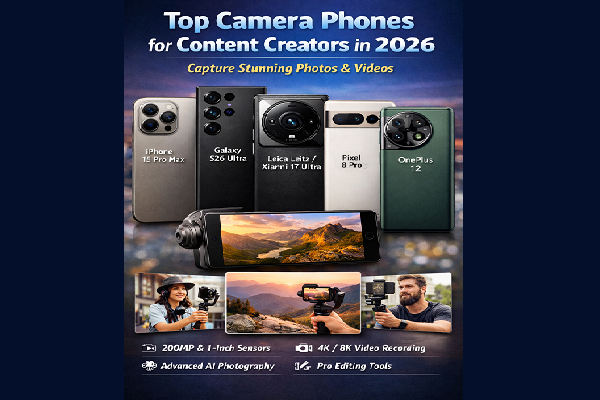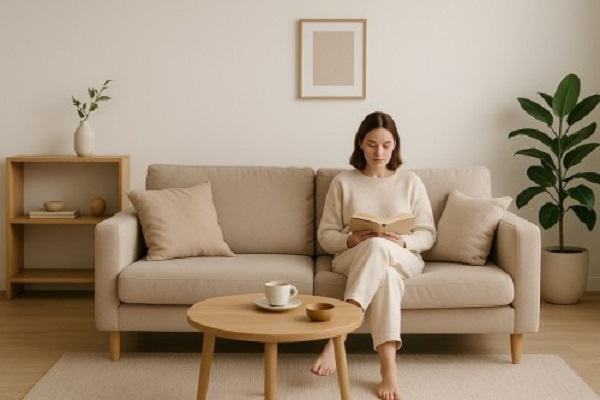The Art of Minimalist Living in a Consumer Society

In today’s world, where consumerism is deeply embedded in our daily lives, the concept of minimalist living stands as a counterbalance to the constant drive for more. Minimalism is not merely about reducing the number of possessions; it's a mindset, a way of life that encourages intentional living, prioritizing quality over quantity, and finding contentment in less.
What is Minimalist Living?
Minimalist living is about stripping away the excess and focusing on what truly adds value to one’s life. It encourages individuals to reduce their material possessions to the essentials, creating more space, time, and mental clarity. Minimalism goes beyond just decluttering physical spaces; it extends to simplifying one’s mental, emotional, and digital life.
The Appeal of Minimalism in a Consumer Society
In a society driven by constant consumption, where advertising, trends, and social media bombard us with messages to buy more, minimalism offers a refreshing escape. People are increasingly realizing that material possessions do not equate to happiness. In fact, the more we accumulate, the more we are burdened by maintenance, debt, and stress.
Minimalist living allows people to break free from the pressures of consumer culture. By letting go of unnecessary items and focusing on the things that truly matter—relationships, experiences, personal growth—individuals can live a more fulfilling life.
Benefits of Minimalism
-
Mental Clarity: A cluttered environment often leads to a cluttered mind. Minimalism helps clear both physical and mental clutter, allowing for greater focus and peace of mind.
-
Financial Freedom: By cutting down on unnecessary purchases, minimalism can lead to significant savings. It encourages conscious spending and a focus on quality rather than quantity.
-
Sustainability: Minimalism naturally promotes sustainability. By buying less and opting for durable, high-quality products, individuals reduce waste and lessen their environmental impact.
-
Enhanced Experiences: Rather than spending money on things, minimalists often invest in experiences. Travel, learning, and spending time with loved ones become the priorities, creating richer, more meaningful lives.
How to Embrace Minimalism
-
Declutter Your Home: Start by going through your belongings and getting rid of items that no longer serve a purpose or bring joy. This doesn’t mean you have to get rid of everything—just focus on the essentials that truly add value to your life.
-
Simplify Your Schedule: In a busy world, it’s easy to overcommit to work, social obligations, and activities. Embrace the art of saying no and prioritize what aligns with your values and passions.
-
Mindful Consumption: Before purchasing new items, ask yourself whether they truly enhance your life or if they are just temporary solutions to deeper desires. Invest in quality over quantity, choosing items that serve a long-term purpose.
-
Focus on Experiences: Shift your focus from accumulating material things to creating memories. Travel, hobbies, and personal connections will bring lasting satisfaction.
-
Cultivate Gratitude: One of the core principles of minimalism is contentment. Practice gratitude daily for the simple things in life—the people around you, the experiences you have, and the opportunities for growth.
The Future of Minimalist Living
As we move further into the digital age, the idea of minimalist living is becoming more relevant. With the rise of e-commerce, social media, and constant advertising, people are increasingly seeking ways to disconnect from the noise and focus on what truly matters. Minimalism offers a powerful antidote to the pressures of a consumer-driven world, helping people regain control over their lives and find happiness in simplicity.
Conclusion
The art of minimalist living is about consciously curating your life, removing excess distractions, and focusing on the essentials that align with your values. In a world that constantly tells us to want more, minimalism encourages us to appreciate what we already have and live with intention. It’s a liberating way of life that promotes clarity, freedom, and lasting fulfillment.
























